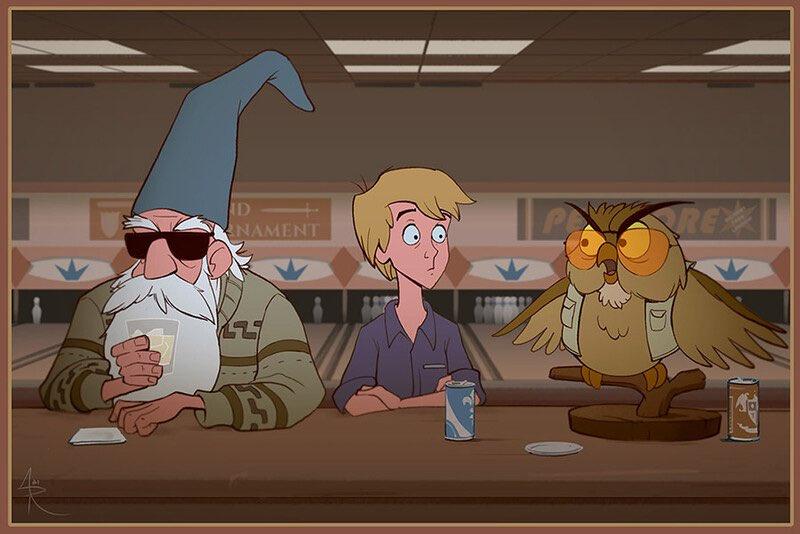World faces ‘deathly silence’ of nature as wildlife disappears, warn experts
Loss of intensity and diversity of noises in ecosystems reflects an alarming decline in healthy biodiversity, say sound ecologists
Sounds of the natural world are rapidly falling silent and will become “acoustic fossils” without urgent action to halt environmental destruction, international experts have warned.
As technology develops, sound has become an increasingly important way of measuring the health and biodiversity of ecosystems: our forests, soils and oceans all produce their own acoustic signatures. Scientists who use ecoacoustics to measure habitats and species say that quiet is falling across thousands of habitats, as the planet witnesses extraordinary losses in the density and variety of species. Disappearing or losing volume along with them are many familiar sounds: the morning calls of birds, rustle of mammals through undergrowth and summer hum of insects.
Today, tuning into some ecosystems reveals a “deathly silence”, said Prof Steve Simpson from the University of Bristol. “It is that race against time – we’ve only just discovered that they make such sounds, and yet we hear the sound disappearing.”
“The changes are profound. And they are happening everywhere,” said US soundscape recordist Bernie Krause, who has taken more than 5,000 hours of recordings from seven continents over the past 55 years. He estimates that 70% of his archive is from habitats that no longer exist.








